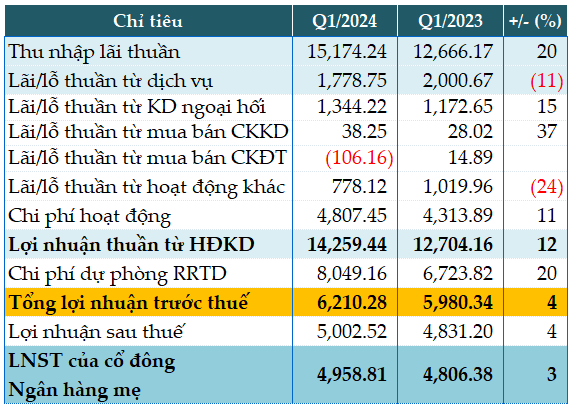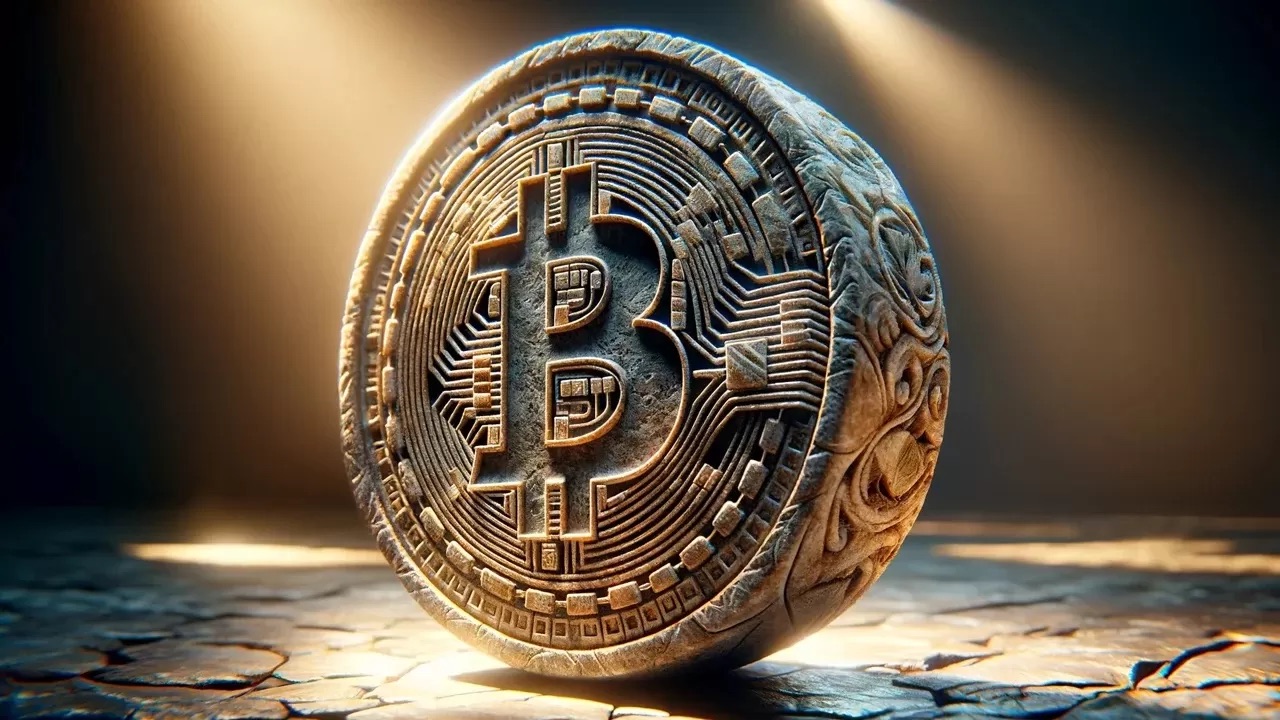
Steve Wozniak, co-founder of Apple, has won the latest court battle against Youtube over the use of edited videos featuring his likeness in a 2020 Bitcoin scam.
The latest appellate court ruling overturns a lower court’s ruling dismissing all liability for Youtube.
The latest ruling allows Wozniak to proceed with the lawsuit against the online video platform and could pave the way for changes in federal law protecting online video platforms like Youtube from legal liability associated with videos posted on their platforms.
Apple co-founder and 17 others including Bill Gates, Elon Musk, Michael Dell, filed a lawsuit against Youtube and its parent company (Google) in 2020 after edited videos promoting a fake scam went viral on Youtube.
The edited videos added additional text and images promising free Bitcoin, and viewers were instructed to send Bitcoin to a specific address to receive double the amount.
Appellate court judges found that popular Youtube channels were frequently targeted for fraudulent advertisements. Google and Youtube must take “significant contributing action” to the scam by providing “verification badges to hijacked Youtube channels”.
Therefore, the appellate court held that the companies may not be protected by the immunity provided by Section 230 as they contributed to the scam by verification.









































